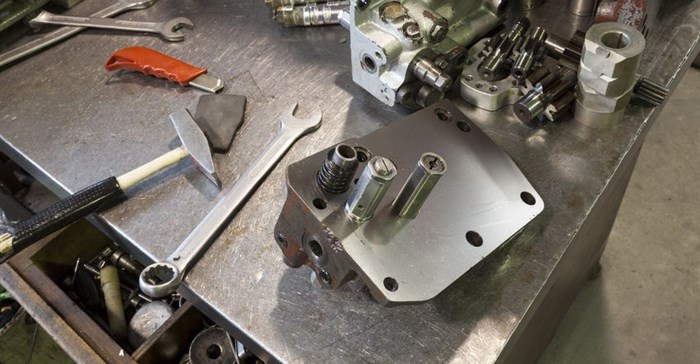Unions and employers in the retail motor sector are expected to meet this week to discuss a revised wage offer that could avert a strike at fuel pumps and some component manufacturers.
Despite the National Union of Metalworkers of SA (Numsa) now agreeing that a deal could be structured over three years, its demand for a rethink of how collective bargaining is structured could still be a sticking point. The union wants employer bodies to agree to a process to discuss reorganising collective bargaining, which is seen as fragmented.
Negotiations were at a "sensitive stage" Numsa general secretary Irvin Jim said on Friday.
Numsa dropped a requirement for a one-year deal after it reached a three-year pay agreement in the vehicle-assembly sector earlier in September with manufacturers including BMW, Ford and Toyota. The agreement will effectively give workers a 35% increase over three years. The 2016 deal will see workers receive a 10% increase in the first year and increases of 8% in the second and third years. This is down from the 11.5% deal agreed on in 2014, but Numsa said it had "won the war", given the country’s depressed economic climate.
The deal includes a transport allowance of R1,200 a year, to rise annually, and a shift allowance of 20% in the first year, 21% in the second, 22% in 2018 and 23% in 2019. It also includes a short-time bonus and a housing solution.
The Automotive Manufacturers Employers Association said when the deal was struck that an industry framework had been agreed that would govern how the union and management at the different manufacturing plants across SA formulated their own solutions.
Despite this, a strike in the retail motor sector could still affect assembly lines if Numsa members down tools at suppliers.
Retail Motor Industry chief operating officer Jan Schoeman said the employer body was "cautiously optimistic" about a deal but it had ruled out a separate process to discuss rearranged collective bargaining.
Should, as Numsa has suggested, collective bargaining include large employers such as vehicle companies and refineries, small businesses would be effectively squeezed out.
"It would be the beginning of the end for small businesses if we allowed that to happen," he said.
Jim said the union would continue to push its resolution for a rethink of collective bargaining, saying resistance came from certain employers who were "anticollective bargaining".
Failure to consider a new "mega-bargaining" council would mean "we would continue with a system not in the best interest of workers and in the best interest of the economy", he said.





































